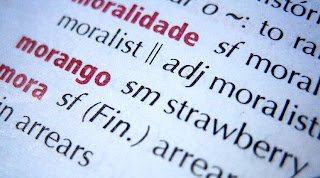 |
| Source photos: Google image |
Drinking too much alcohol increases the risk of developing a long list of health conditions including breast cancer, oral cancers, heart disease, strokes and cirrhosis of the liver. A high alcohol intake can also damage our mental health, impair memory skills and reduce fertility.
The direct link between alcohol and the liver is well understood - but what about the impact of alcohol on other organs?
Studies have shown that drinking more than three drinks a day has been found to have a direct and damaging effect on the heart. Heavy drinking, particularly over time, can lead to high blood pressure, alcoholic cardiomyopathy, congestive heart failure and stroke. Heavy drinking also puts more fat into the circulation of the body.
Cancer experts say that for every additional 10g per day of alcohol drunk, the risk of breast cancer increases by approximately 7-12%. For bowel cancer, previous studies show that increasing alcohol intake by 100g per week increases the cancer risk by 19%.
A recent report in BioMed Central's Immunology journal found that alcohol impairs the body's ability to fight off viral infections. Studies on fertility suggest that even light drinking can make women less likely to conceive while heavy drinking in men can lower sperm quality and quantity. Even a single binge-drinking dose of alcohol during pregnancy may be sufficient to cause permanent damage to a baby's genome.
Last year, a study in The Lancet concluded that alcohol is more harmful than heroin or crack when the overall dangers to the individual and society are considered.
The negative effect on all elements of our health could be down to acetaldehyde - the product alcohol is broken down into in the body. Acetaldehyde is toxic and has been shown to damage DNA.
So how much alcohol is too much? What can we safely drink?
Most of people don't realize what they are drinking and can very easily slip beyond acceptable limits. Few people have the notion that there are 16g of alcohol in a 175ml glass of red or white wine, for example.
Alcohol is undoubtedly a public health issue. The government guidelines on drinking are being reviewed at present. They currently say that a woman should not drink more than two to three units (a unit=1 drinking cup) of alcohol per day and a man three to four units a day - no more than 21 units for men, 14 units for women per week.
Source: http://www.bbc.co.uk/news/health
Vocabulary:
oral cancer includes cancers of the lips, tongue, cheek, floor of the mouth, hard and soft palate, sinuses, and pharynx (throat);
bowel cancer /baʊəl/: also known as colorectal cancer or colon cancer, is any cancer that affects the colon (large bowel) and rectum (back passage);
(to) conceive /kənˈsiːv/: to think of something such as a new idea, plan, or design;
binge-drinking (noun): the drinking of large amounts of alcohol in a short period of time, in order to get drunk.











